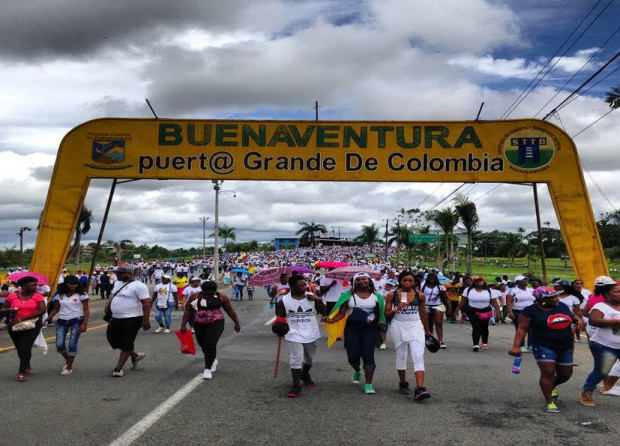By Staff of Black Alliance for Peace - The undersigned gender, racial, social and environmental justice organizations and advocates from around the world applaud the inclusion of the Ethnic Chapter and other racial and gender rights measures in Colombia’s Final Agreement to End the Armed Conflict and Build a Stable and Lasting Peace. If implemented, these provisions will allow Colombia to set a global example of holistic peacebuilding—one that meaningfully addresses the social inequalities that help fuel conflict. We are, however, deeply concerned about the inadequate consultation with and recognition of Afro-Colombian and Indigenous authorities in peace implementation activities to date, and the ways in which this endangers the lives, security, and territorial and human rights of Afro-Descendant and Indigenous Peoples, including women and girls. We encourage the Government to act in good faith to ensure that Indigenous and Afro-Descendant Peoples’ rights are maintained and furthered in peace implementation. It is crucial that the framework plan for implementing the Peace Accord contain indicators to measure the progress and outcomes of policies, programs and reforms in a manner that corresponds to the needs, values, and rights of Indigenous and Afro-Descendant Peoples, including their gender-based rights. These can only be developed with meaningful participation of their respective authorities and organizations.









